UNHCR: Violence flares anew in northern Mozambique, forcing 22,000 to flee in a week
Mozambique Island hosts 15th Seminar on Indo-Portuguese History
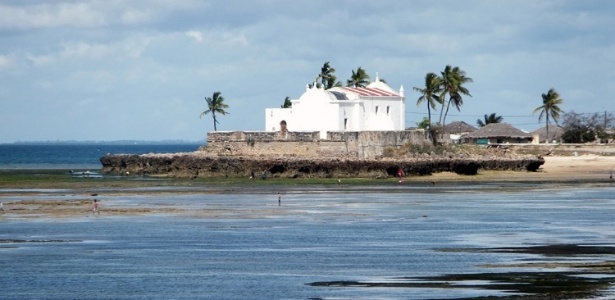
Researchers and historians are to share experiences and deepen knowledge about the Indian Ocean at the International Seminar on Indo-Portuguese History taking place on the Island of Mozambique in Nampula province from 31 October to 3 November.
This is the fifteenth seminar on the Indian Ocean – chosen because of its importance in socio-economic and cultural relations between Portugal and India – and is organised by Universidade Lúrio and Universidade Nova de Lisboa.
The rector of the Lúrio University, Francisco Noa, was the first speaker and looked at the dimension of knowledge in the imagery of the Indian Ocean.
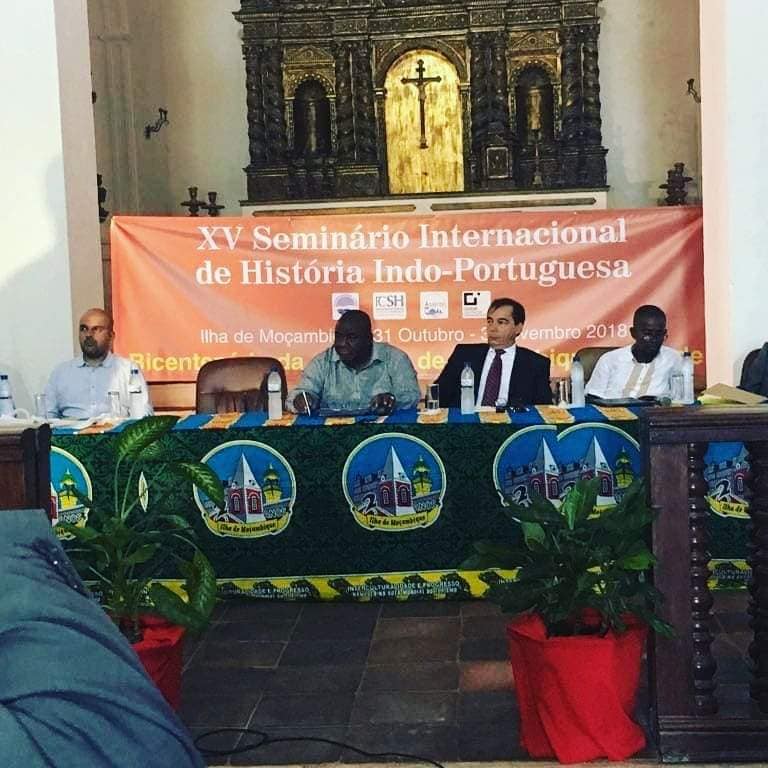
The Island of Mozambique, the city that gave its name to the country, celebrated its bicentennial anniversary this year. In centuries past it was one of the main stopovers in the round trips of the ships plying between Lisbon and Goa, as well as an important trading hub.
The East African coast was part of the state of India until 1752, in continuation of relationships forged in previous centuries and projected to the present day. The border of the Western Indian Ocean has long been a meeting point for Africans, Indians and Europeans, providing rich human and cultural exchange in an atmosphere of intense commercial activity.
The island of Mozambique was the centre of the Portuguese presence and one of the main planks of the intercontinental voyage, and where India shaped its longest-lasting territorial presence in the Zambezi basin.
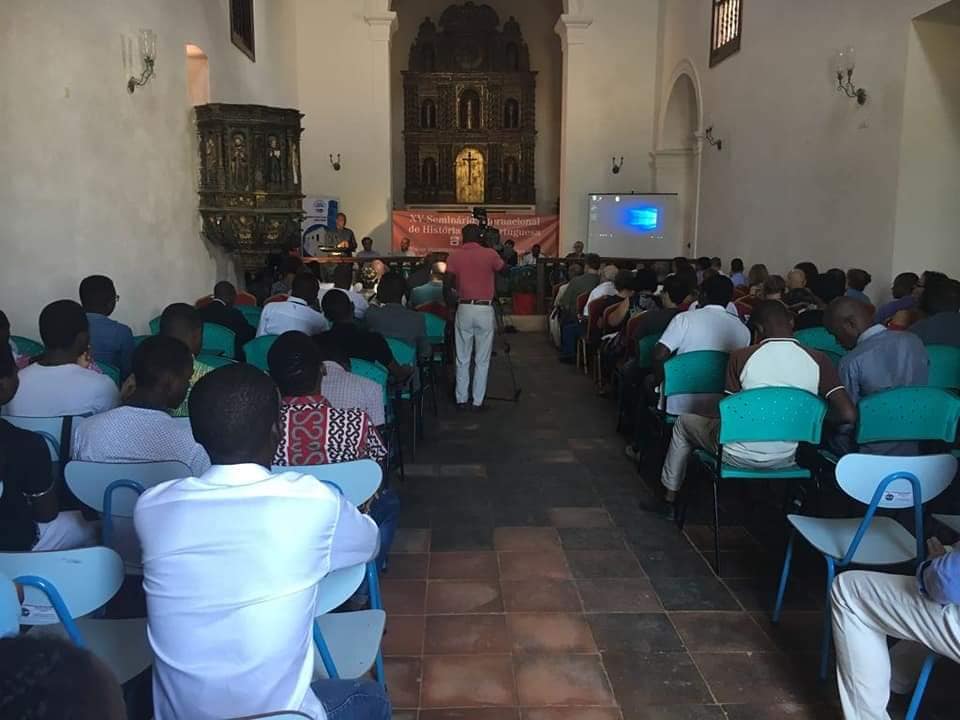
This is the focus of the XV International Seminar on Indo-Portuguese History, in the year in which this forum celebrates 40 years of existence and marks the second centenary of the island’s elevation from Mozambique to the city.
Themes include:
– Mozambique – bicentennial city
– Mozambique and the India Route
– African, Indian and European: migrations and commercial networks
– Religious identities, territories and political configurations on the East African coast
– Material and visual culture in the Indian Ocean
For more information on the papers presented (mostly in Portuguese) visit: https://sihip2018.wordpress.com/resumos/


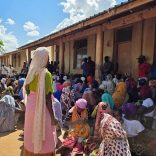
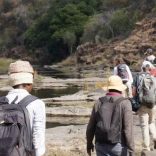

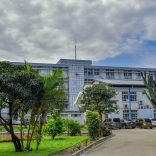

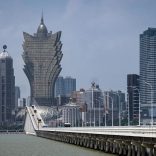




Leave a Reply
Be the First to Comment!
You must be logged in to post a comment.
You must be logged in to post a comment.